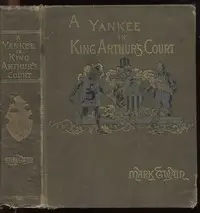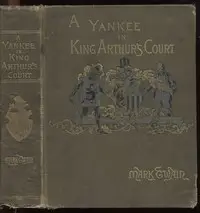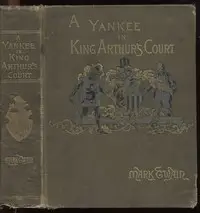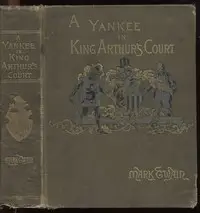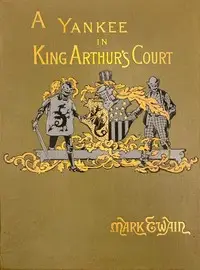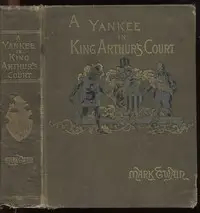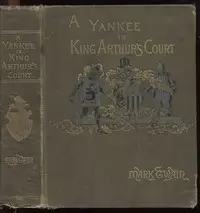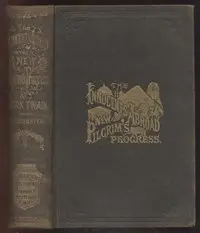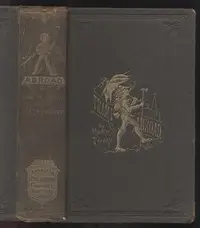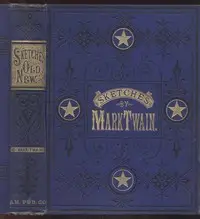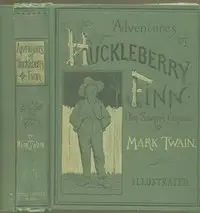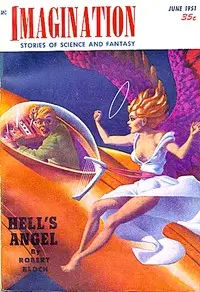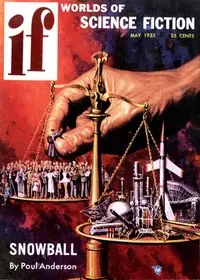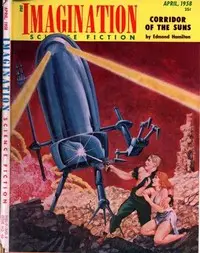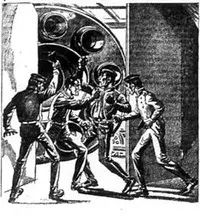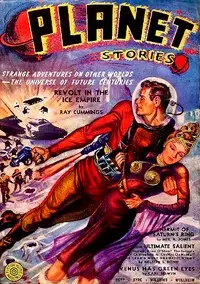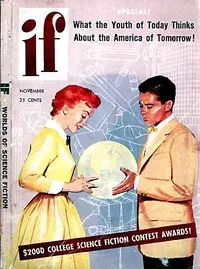"A Connecticut Yankee in King Arthur's Court, Part 5" by Mark Twain is a comical adventure where Hank Morgan, a time-traveler from the 19th century, lands in King Arthur's medieval England, mixing history with fantasy. Examining technology versus old-fashioned ways, and modern smarts versus feudal living, Twain uses Hank's experiences to poke fun at both the past and present. In this part of the story, Hank puts on a big show: he uses fireworks and tricks to fake a miracle, fixing a "cursed" fountain. He impresses the townspeople and the church, while beating the magician Merlin. Hank cleverly deals with medieval life using his modern know-how, which forces him to deal with how his actions affect everyone's beliefs and old traditions. Twain uses jokes and smart storytelling to make fun of social rules, superstitions, and romantic ideas about knights and chivalry from Arthurian legends.
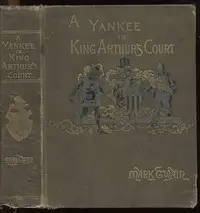
A Connecticut Yankee in King Arthur's Court, Part 5.
By Mark Twain
A time-traveler pulls off extraordinary feats to dominate a medieval world, armed with only his modern intellect and captivating theatrics.
Summary
About the AuthorSamuel Langhorne Clemens, known by the pen name Mark Twain, was an American writer, humorist, and essayist. He was praised as the "greatest humorist the United States has produced," with William Faulkner calling him "the father of American literature." Twain's novels include The Adventures of Tom Sawyer (1876) and its sequel, Adventures of Huckleberry Finn (1884), with the latter often called the "Great American Novel." He also wrote A Connecticut Yankee in King Arthur's Court (1889) and Pudd'nhead Wilson (1894) and cowrote The Gilded Age: A Tale of Today (1873) with Charles Dudley Warner.
Samuel Langhorne Clemens, known by the pen name Mark Twain, was an American writer, humorist, and essayist. He was praised as the "greatest humorist the United States has produced," with William Faulkner calling him "the father of American literature." Twain's novels include The Adventures of Tom Sawyer (1876) and its sequel, Adventures of Huckleberry Finn (1884), with the latter often called the "Great American Novel." He also wrote A Connecticut Yankee in King Arthur's Court (1889) and Pudd'nhead Wilson (1894) and cowrote The Gilded Age: A Tale of Today (1873) with Charles Dudley Warner.

